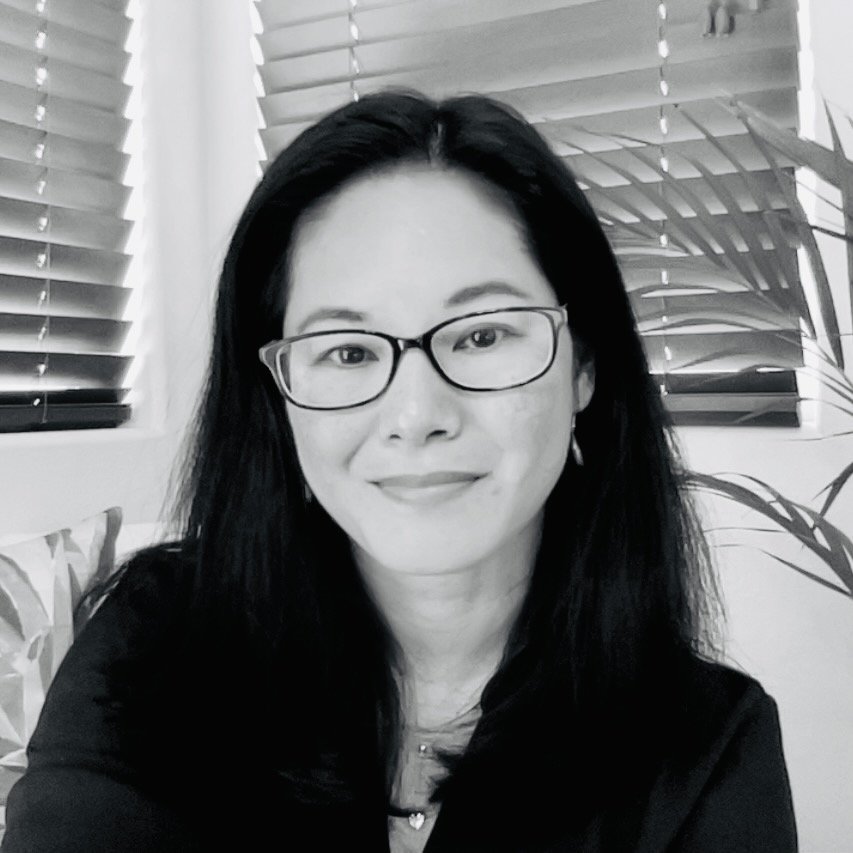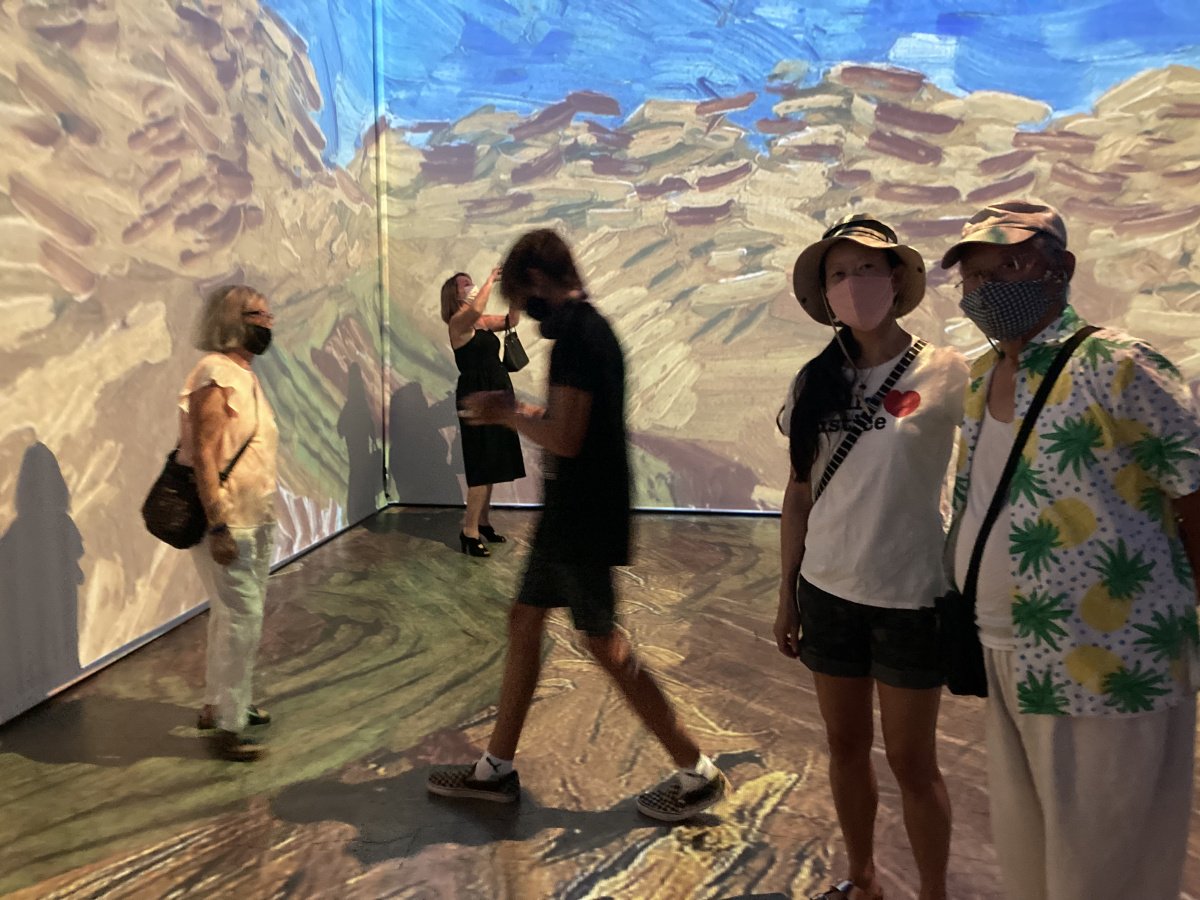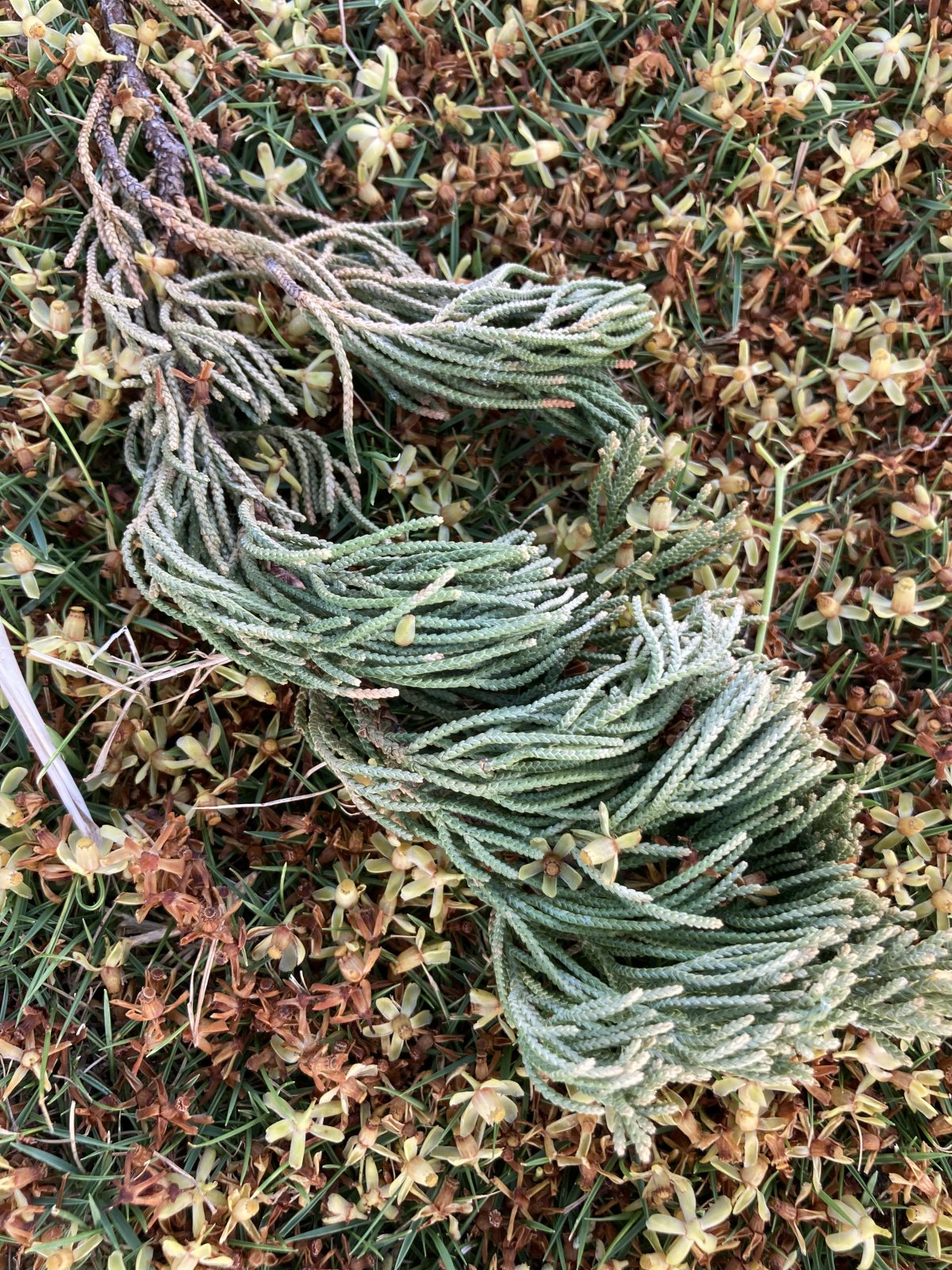


When writers, readers, and critics speak of a writer’s voice they are referencing the writer’s chosen words that reveal the writer’s self, how she perceives and moves in the world. Voice is the writer’s soul and spirit, and how the writer brings this to the page is the writer’s voice. Being honest to our voice, to who we are, is the key task in the writing of a story, and our life’s most significant mission. If we cannot be who we are, then who shall we be?
When we refer to a writer’s voice, most telling and daunting is that there exists a distinctly proscribed way of conveying written text codified by primarily male writers. It has been this way for centuries. It will continue to be this way. In the process of trying to convey our story, we quiet or even lose our voice because we are fearful. We strive to appease or appeal to people who judge us according to an unknown or mysterious standard that often, we can never achieve as it is rather subjective. And yet, it is imperative that we persevere and risk writing who we are as otherwise, our voice is silent, and if ours, then many other women who are out there too. When we are courageous about our voice, we pave the way for dozens of others to follow suit.
We must have faith in the story. Believe in our right to write. While writing is a learned skill, the ability to reveal who we are is directly correlated to our willingness to be vulnerable on the page. Our words are meaningful because our story matters. The voice that we summon is one that acknowledges our full self. This voice is the beautiful, courageous, resilient, complete self who has declared her right to live as a one who wants to set the terms of her own life.
Whoever controls the text controls the story. A delivery through the medium of writing often prompts a different reaction because texts impart a permanence. Words on a page compel an undeniable respect. Every major cultural, religious, legal, and creative institution’s laws and customs are upheld, reinforced, and codified by text. Someone writes the text; another person interprets this text; yet another person writes a story based on this interpretation. We are readers of a story several layers away from the primary text. Imagine what remains and what changes. Given this truth, it’s important to throw your own voice into this layered chorus and write with everything you are. You are your voice. Write your truth to power.
We may feel inhibited about the physical act of putting words down on a page. An easy solution is to simply pretend that we are speaking to someone: talk to the page! For accuracy, we record our voice with a phone or device, and transcribe the spoken words. Edit for clarity. Speaking and writing use different parts of our brain, but know that communication is linked, writing inhibition is real, and however we get our words onto the page will be fine. The vast majority of the globe’s illiterate are women, but our wisdom transcends what is written; this is how we have survived through the millennia. Know that through the power of our oral storytelling we write a story on the page—for those of us who cannot write we put our words down on paper. We do this by recording our story.
A woman’s voice is often considered dangerous. How often are women accused of being shrill? The numerous complaints about a woman’s voice—her accent, her tone, her articulation are familiar to anyone follows the commentary about women in the public spotlight. There are no end of complaints about the actual pitch of a woman’s voice, but what most dig at is a particular woman’s willingness to use her voice in an arena that women rarely participate in.
Breaking silence is looked upon as disruptive and to break the silence about our marriage, enshrined across the globe as an institution to maintain stability within a system of patriarchy, is considered at best poor taste, and at worst, a display worthy of public condemnation. Marriage is considered private. Personal. And it is. But to dismantle a marriage through divorce requires outside documentation (just as marriage did), and to write the details of this break-up potentially place women in the position of being seen as dangerous. We may or may not be the very first woman in our family to divorce, but it is highly likely that we are the first woman who records the reasons for the divorce. It is inconvenient, if not unpleasant for most people to be presented with anything that disrupts the norm. The truth is the details that prompted your divorce are unimportant to most, but they are important to you, and therefore worth writing.
You may be quiet, someone who is reluctant to expose your private happenings to anyone, but you have a right to exercise the use of your voice. There is no reason for your silence.
Write your divorce story. Discuss the inclusion of your divorce story in your legal file.
Write your story. Change your mind. Author your life.

A word to those embarking on their divorce journey: a key player on your divorce team is your lawyer. Divorce is the disruption of a business agreement. A break. It is not a time to say “Oh, I don’t really care. I feel too tired to make any decisions.” Think about it: No matter how tired you got of organizing your wedding, you were able to find the energy to figure out the logistics or style of your cake or dress. Muster the energy to get legal support. The only divorce that goes away is the completed one.
Get referrals to lawyers from friends. I interviewed a dozen lawyers both overseas and in the US. You need to be willing to give the facts. Be prepared to discuss the details and personal information. Divorce varies from state to state, nation to nation. Know some basics—google.
Your lawyer must be on your team. This is more important than any other quality or characteristic. Will the lawyer understand you more due to your gender? Ethnicity? Background? Frankly, that’s hard to say. The lawyer must understand your perspective. I had one lawyer (woman) tell me she didn’t like representing women as they were “too emotional”.
I didn’t hire her—and I would go so far as any woman would be absolutely bonkers to hire someone who is uttering such sexist statements. This woman is rooting for the patriarchy. I will bluntly state something here. You may be too (with or without knowing it), but get this women, if someone is rooting for the patriarchy, where does that leave you? In. The. Dust. Or if you prefer a metaphor from this image: smashing your head on a coral reef.
If you are in a precarious psychological state or are not versed in the financial or business implications of your split, you need to know your lawyer will look out for you. You must be able to speak truthfully to this person. If you get a bad vibe, if you can’t trust this person, do not ignore your instincts—find someone else.
One of the best pieces of advice I got from a friend was this: “Do not use your lawyer as a therapist.” Lawyers figure out your legal and financial interests. Therapists fix your emotional issues. Using your lawyer as a therapist is very costly.
Ask the following:
Start writing your divorce story. How do you do this? You have to start changing your mind about who you are and who you were. Examine the Master Narratives that governed your life. Look at yourself with new eyes. Writing your story and sharing it with your lawyer will help move you forward, as well as center your thoughts and ideas as you head into the next chapter of your brave and beautiful life.

This was a fantastic interpretation of Van Gogh’s life and work. I was thoroughly impressed by how it could engage so many people and inspire reflections about life and art. The Kid and the grandparents, my sister, we all enjoyed it. I’m thinking about how art can be used to galvanize discussion and how exclusivity is never the point of expression. The human questions of belonging and origin are crucial to all of us. Decades ago, I saw an exhibit of his work at the Met. This was an entirely different experience, but distilled the essence of the WHY of his work. Imaginative. Compelling.
I hope that we can see more exhibits here in Hawai’i that are accessible to all ages, and strongly believe that the people of Hawai’i can also export the art and expression that this geographic locale prompts. This is the mission of (THROB) The Hawai’i Review of Books; I am glad to be a part of this endeavor.
We face challenges wherever we live, but I am always grateful to be living here. There is a reminder here in every gesture, that we are temporal, that nature governs our lives, that beauty and good fortune is in our very existence.

This poem When I Sleep was first published in an anthology released by the Asian American Women’s Artists Association Cheers to Muses. I believe there are still hard copies of this book available through the organization. Work exhibited or featured ranged from sculpture to prints to writing. We do not create in a vacuum; at any time there are others who are creating, making, and expressing, and it’s important to note that we are not alone in this way. Women who have chosen a path predicated on expression and creativity often find themselves on the fringes of a society, and so it is important to know that you are not alone in this endeavor, that is often looked upon by outsiders as rather peculiar. It’s important to note that there are avenues of art that are always accepted by society should they fall into the matrix of womanly arts–these are not to be dismissed. But when you begin to question existing narrative frameworks art becomes dangerous.
Always remember that writing is a radical act. And as anyone who writes will tell you: writing is not a choice; it’s a compulsion.
I was remembering what a Korean American friend of my sister’s once told her: “Why can’t you just conform?” LOL. This is such a terrifying statement on so many levels. What was it about how this young woman was raised that she would level this type of criticism? Rather terrifying. The world finds so many ways to keep women compliant.
The poem below was a real dream I had many years before I divorced. I was extremely unsettled, filled with anxiety, but it was difficult for me to discern why or how as seemingly, everything on on the surface seemed to be as it should. Child. Spouse. House. Work. Check. Check. Check. It’s the potential hell of surface oriented idea of a heteronormative nuclear family that is a disguise for unrest and discontent. I found out years later, unsurprisingly that many people I knew were more or less drug-filled, bodies numbed from what modern capital declares is contentment. Purpose and happiness are complicated when it comes to obligations and definitions of women and place. Our bodies know what our minds fail to grasp. There is no peace without sleep, lack of sleep is a form of madness, and this absurd modern condition is the killing of what it means to be who are meant to be. What does one do if the dreams offer no release from the day? If the day is a continuation of what is reflected in a dream?
This poem underwent quite a few drafts. It is much shorter than the original, but I tried to keep the idea of the upset of the ordinary: How we squelch the true ideas we must confront in the daily habits of washing our face, walking across the floor, going to sleep. At this point too, I began to see how the power of beauty, youth stands with age.
There is too a refusal to awaken, because to truly rise means to live seamlessly between what is honest and to acknowledge what most deny. We live this way to shore up some idea of what should be– that is rooted in concepts of scarcity and fear.
The ideal state is to live without denial of who and what you are, to peel off the layers of sleep that seep into our waking hours, to boldly move your body, all of who you are, into a state of consciousness rooted in an awareness of mortality. Calm. Acceptance. Peace. Joy.
And now I head to the water. Have a great day. Aloha.
When I Sleep
Memory drowns in dreams—
monsters of the deep bare incisors,
scrape with scales.
Incandescent. Ravenous.
Earth’s belly spits a picture:
you run on a meadow to muses,
blossoms of poetry.
I lift my hands in a corner of disbelief.
Trapped by morning.
Eyes raise to the sun.
Escape vanquished by daylight’s rip.
Night’s pictures, a pornographic loop.
I am sorry, but I too
have impossible songs that swell.
We bend, but the nightly reprieve will not halt.
I splash water onto my face,
note lines on my neck,
imagine words murmured in your sleep
did not leak into my own.

Diamond Head Cemetery. A Cook pine from New Caledonia. Yellow stars that poured from a tree? Anyone know the name? The ground as sky. The dead slumber. Decades pass. Beloved Mother. In Loving Memory. She loved the sea. Flowerless. Forgotten. This heaven was the toil of stiff hands. The invention of paradise. Lost. Airplane-filled. A single taste. A myth cascades. Rock and soil call the return to dust. Go back to where you came from.